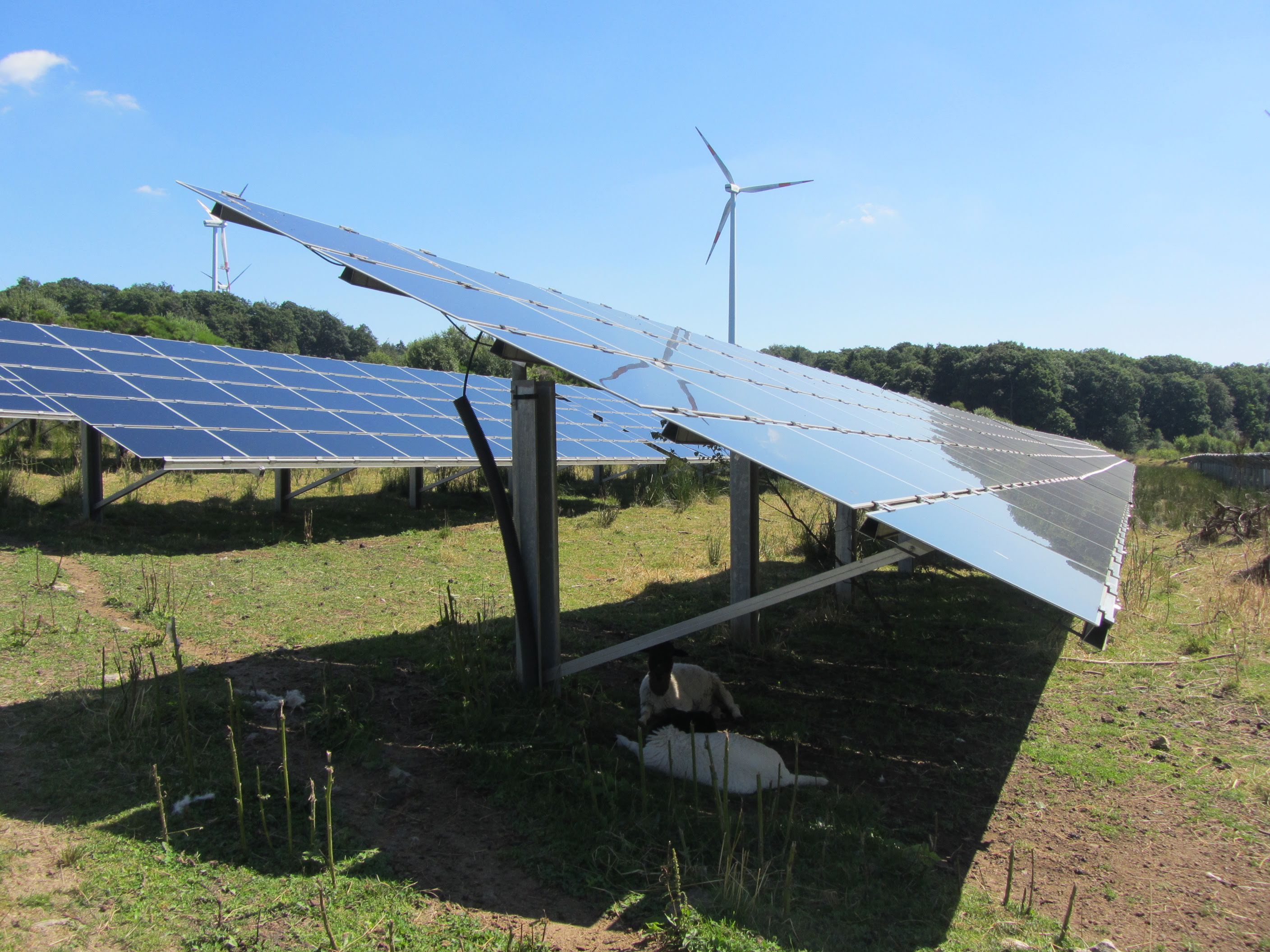MESC Student Attends Planning Conference in Toronto
Thu. Sep. 4, 2025
The Canadian Institute of Planners (CIP) Conference is an annual event that brings together planning practitioners from across Canada. Professionals and researchers meet to exchange ideas, insights, and network.
Lila Asher (she/they) attended the conference’s most recent iteration in Toronto. Despite a busy summer of conferencing and finishing up their degree, Lila still made time to tell us about their trip.
First off, can you tell us a bit about yourself, your program, and your research?
 My academic background is in city planning and justice-based approaches to climate and environmental policy. I’m just finishing up the Master in Environment and Social Change program here at UWinnipeg. The program works to engage graduate students from environmental sciences and human geography in interdisciplinary research and conversations. For my thesis project, I researched how Efficiency Manitoba is working with Indigenous Peoples.
My academic background is in city planning and justice-based approaches to climate and environmental policy. I’m just finishing up the Master in Environment and Social Change program here at UWinnipeg. The program works to engage graduate students from environmental sciences and human geography in interdisciplinary research and conversations. For my thesis project, I researched how Efficiency Manitoba is working with Indigenous Peoples.
Congratulations on being selected to participate in the CIP conference! Can you tell us about what your role was, and what made you decide to apply?
I presented my thesis research at the Canadian Institute of Planners conference. I was part of a panel discussion presenting academic work related to planning and climate change. I decided to apply to present here because planners and other government staffers play a key role in making day-to-day decisions about policy design, including for energy efficiency policy, where I hope that my thesis findings can have real-world impact. Staying in touch with the professional planning community is also important for my career development.
What were some of the connections between your research and other events at the conference? Did you have a chance to connect with or socialize with researchers from other institutions?
Reconciliation and climate action were some of the official themes for the conference, so it was great to be able to share my work as part of that larger conversation. The other researchers on my panel presented work on adaptation to heat in rural communities and designing safe walks to school for kids as part of active transit strategies. I got to chat with them a bit after the panel, and the active transit work was particularly inspiring for some community initiatives that I participate in here in Winnipeg.
What was the highlight of the conference for you and what are you going to take away from your experience there?
I always enjoy when people ask informed questions about my research, so it was nice to get to present and discuss with others in my professional community. The conference was very busy, so it’s a bit of a blur honestly, but overall it’s affirming to know that practitioners are interested in hearing about findings from academic research because they’re the ones who are really in a position to start implementing changes.
Based on your experience, do you have any advice for students about to attend their first conference?
As an attendee, it’s helpful to read the program ahead of time and make a list of the sessions that you want to attend! Especially at larger conferences, it can be a bit overwhelming to navigate all the session options while you’re there if you’re not prepared. If you’re presenting, really think about catering your presentation to your audience. What background knowledge are they coming in with, and what takeaways from your research do you want to highlight as relevant to them? Focus on explaining the overall narrative of your work so that people can engage with it in an information-dense environment rather than sharing every detail.
Thanks, Lila, and cheers to finishing your thesis!
